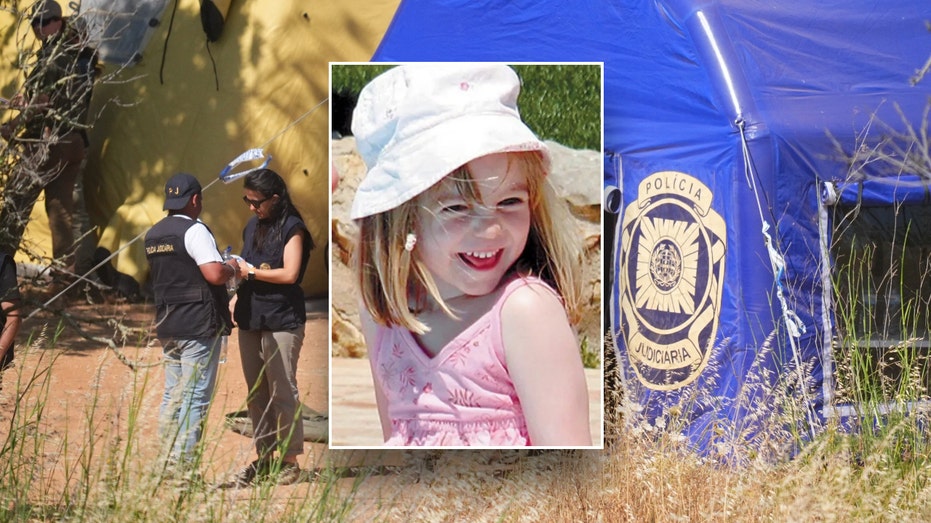Madeleine McCann Search Resumes as Suspect Faces Release from Prison After Years Behind Bars
Investigators suspect an insider tip sparked renewed search for Madeleine McCann in Portugal using cutting-edge tech.

A renewed search for Madeleine McCann in Praia da Luz, Portugal, has drawn international attention once again to one of the world’s most high-profile missing child cases. The operation, which concluded Thursday, was undertaken by both Portuguese and German police, amid mounting speculation that a significant new tip may have driven authorities back to the region where the British toddler vanished in May 2007.
Madeleine, just three years old at the time, disappeared from her family's ground-floor holiday apartment while vacationing in the southern coastal city with her parents. Despite widespread media coverage and an exhaustive initial investigation, the circumstances surrounding her disappearance remain unclear, frustrating investigators, experts, and the public alike.
Authorities have yet to disclose whether this week’s intensive search produced any items of evidential value. Law enforcement officials reportedly inspected numerous derelict houses, wells, and large tracts of land around Praia da Luz. Bryan Stern, a rescue operations expert familiar with missing persons searches, emphasized that such renewed efforts are usually the result of credible information or potential breakthroughs involving individuals close to the investigation. “The only thing that anybody knows for sure is that there’s a little girl who used to be walking the streets; now she’s not,” Stern remarked, underlining the enduring pain and uncertainty faced by the McCann family.
Since 2020, Christian Brueckner, a German national, has been named as the main suspect in Madeleine's abduction. Brueckner, who lived in the Algarve region for several years around the time of Madeleine’s disappearance, maintains his innocence and has repeatedly denied involvement. While he is currently serving a prison sentence in Germany for rape, and has recently faced additional charges relating to sex crimes against children, no conclusive link to Madeleine’s case has been established. German authorities officially declared Madeleine dead in 2020, though her remains have never been found.
The recent search operation reportedly incorporated advanced technology, including ground-penetrating radar, which efficiently scans beneath surfaces for objects or remains. “It’s 2025. Technology is amazing. DNA technology, specifically, is amazing. DNA doesn’t die,” Stern explained, stressing that modern investigative tools offer fresh hope even in long-cold cases like Madeleine’s.
The emotional toll on the McCann family continues to be profound. As Madeleine would be turning 22 years old this year, her parents, Kate and Gerry McCann, remain steadfast, running the Official Find Madeleine Campaign and vowing to pursue answers. Stern, who works closely with families of missing children, acknowledged that the unresolved status of Madeleine’s fate adds another layer of suffering for those left behind. “Not knowing absolutely that she is dead, because her remains have never been found, is painful,” he observed.
As the investigation stands, questions persist and the case remains open, but the renewed activity signals that authorities are not ready to give up. For the McCanns and countless others who continue to follow Madeleine’s story, the hope endures that renewed determination—and evolving technologies—will eventually yield the truth about what happened on that fateful night in Praia da Luz.




